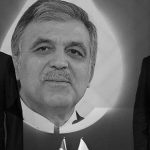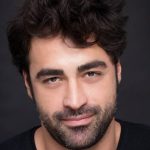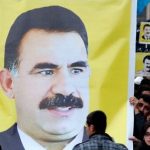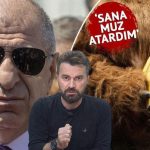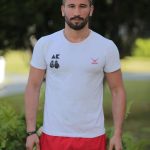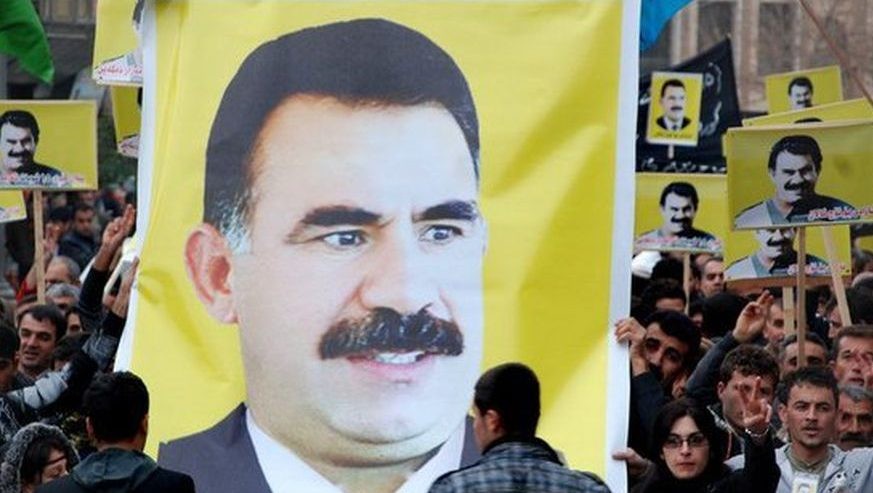
Abdullah Ocalan
| Abdullah Ocalan Wiki | |
|---|---|
| Name | Abdullah Ocalan |
| Profession | World Leader |
| Age | 77 years |
| Date of Birth | April 4, 1948 |
| Horoscope | Aries |
| Country | Turkey |
| Height | Check Below |
| Net Worth | See Below |
Birthday Countdown
Early Life and Education
Abdullah Ocalan was born on April 4, 1948, in the village of Omerli in Turkey. Coming from a humble background as the son of a poor peasant family, Ocalan's upbringing instilled in him a strong sense of justice and equality. He pursued his education at Ankara University, where he became deeply involved in political activism.
Founding the PKK
During his college days, Ocalan co-founded the Kurdistan Workers Party (PKK) with fellow students, with the goal of advocating for political rights for Kurds in the Turkish state. The PKK quickly gained momentum as a militant group fighting for the establishment of an independent Kurdish state within Turkey.
Political Imprisonment
In 1999, Ocalan was captured by Turkish authorities and narrowly escaped execution. He was instead confined to an island prison, where he continued to be a major political figure, even while imprisoned. Despite his incarceration, Ocalan remained influential in Kurdish politics and continued to advocate for Kurdish rights.
Seeking Peace
Over the years, Ocalan's stance evolved from advocating for war to calling for peace. In 2013, he initiated talks with Turkish Prime Minister Recep Tayyip Erdogan to work towards resolving the long-standing conflict between the Turkish state and Kurdish groups. This marked a significant shift in Ocalan's approach, demonstrating his commitment to finding peaceful solutions to the Kurdish issue.
Legacy and Impact
Abdullah Ocalan's leadership of the PKK has had a lasting impact on Kurdish politics and the struggle for Kurdish rights. His dedication to the Kurdish cause and his willingness to engage in dialogue for peace have earned him respect and recognition as a revolutionary world leader.
In conclusion, Abdullah Ocalan's journey from a humble upbringing to becoming a prominent political figure in the Kurdish movement is a testament to his unwavering commitment to justice and equality. His legacy as a world leader continues to inspire and shape the future of Kurdish politics.


